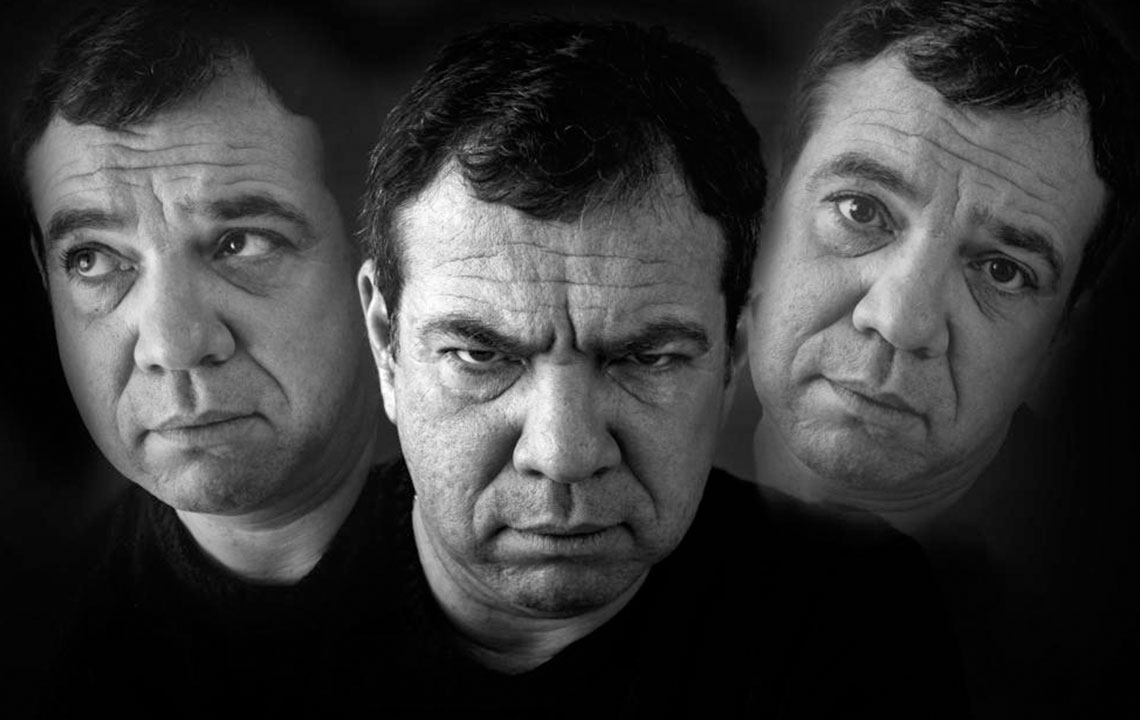Understanding Schizophrenia: Symptoms, Types, and Common Myths
Learn about schizophrenia's symptoms, types, and common misconceptions. This comprehensive overview clarifies often misunderstood aspects of the disorder, emphasizing the importance of accurate knowledge for support and treatment. Understanding these facets helps reduce stigma, promotes empathy, and encourages affected individuals to access appropriate care for a better quality of life.

Maintaining mental health is as vital as physical well-being. Traditionally associated only with physical fitness, the concept of wellness now encompasses mental health as well. Recognizing mental health conditions and offering support is essential, countering outdated taboos. Schizophrenia, frequently misrepresented in media, affects approximately 1% of the population, impacting men and women at different life stages—late teens to early 30s. Understanding its symptoms and dispelling myths are key steps toward aid and awareness. Awareness helps foster empathy and proper treatment, enabling affected individuals to lead fulfilling lives.
Signs and Symptoms of Schizophrenia
Schizophrenia is a long-term mental disorder marked by distortions in perceiving reality, including hallucinations and delusions. While its precise cause remains unknown, genetic, biological, and environmental factors are involved. Symptoms are categorized as early, positive, negative, and cognitive.
Initial Signs
Sleep disturbances
Social withdrawal
Increased irritability
Difficulty concentrating
Academic challenges
Positive Symptoms
Visual or auditory hallucinations
Unusual movements or behaviors
Thought disturbances
False beliefs
Negative Symptoms
Disorganized thoughts or speech
Impulsivity issues
Social skill deficits
Limited emotional expression
Emotional flatness
Loss of interest in activities
Reduced pleasure experience
Difficulty initiating or completing tasks
Cognitive Challenges
Impaired decision-making
Lack of insight into their condition
Unawareness of symptoms
Memory and processing issues
Schizophrenia Variants
While once categorized into subtypes, schizophrenia is now diagnosed as a single spectrum. Nonetheless, understanding variants assists treatment planning:
Paranoid: Characterized primarily by delusions of persecution.
Disorganized: Marked by disorganized speech and behavior without hallucinations.
Undifferentiated: Exhibits mixed symptoms without fitting one specific type.
Residual: Past symptoms exist, but current signs are minimal or absent.
Catatonic: Features motor disturbances like mutism or stupor.
Debunking Myths about Schizophrenia
Multiple personalities: False belief; schizophrenia involves thought and perception issues, not multiple identities.
Violence risk: People with schizophrenia are not inherently dangerous; media stereotypes exaggerate this misconception.
Inability to work: With proper treatment and support, many individuals lead productive lives and maintain employment.
Long-term hospitalization: Outpatient options and community care are effective; hospitalization isn't the only solution.
Untreatable condition: Advances in medication and therapy mean most individuals manage symptoms successfully and live fulfilling lives.
Note:
The information here aims to educate and promote understanding. It should not replace professional medical advice. Treatment approaches vary per individual, and consulting healthcare providers is essential for diagnosis and proper care.










